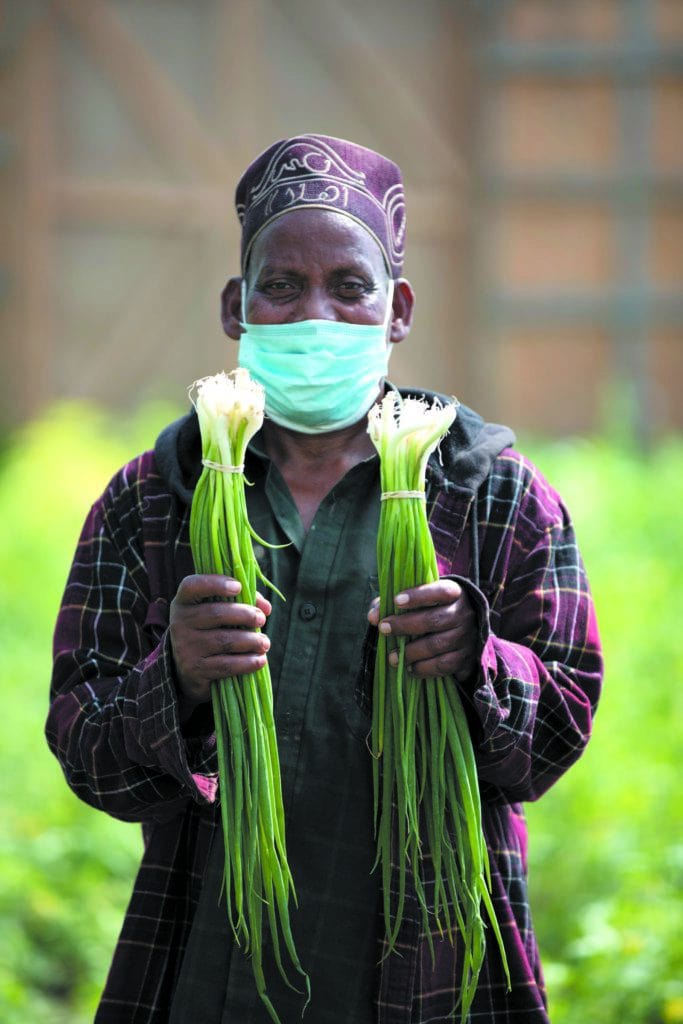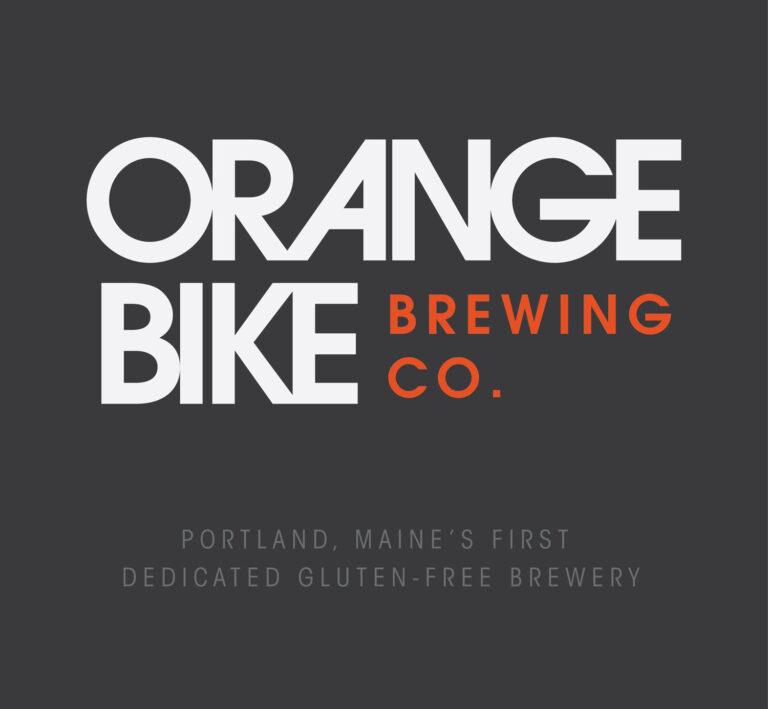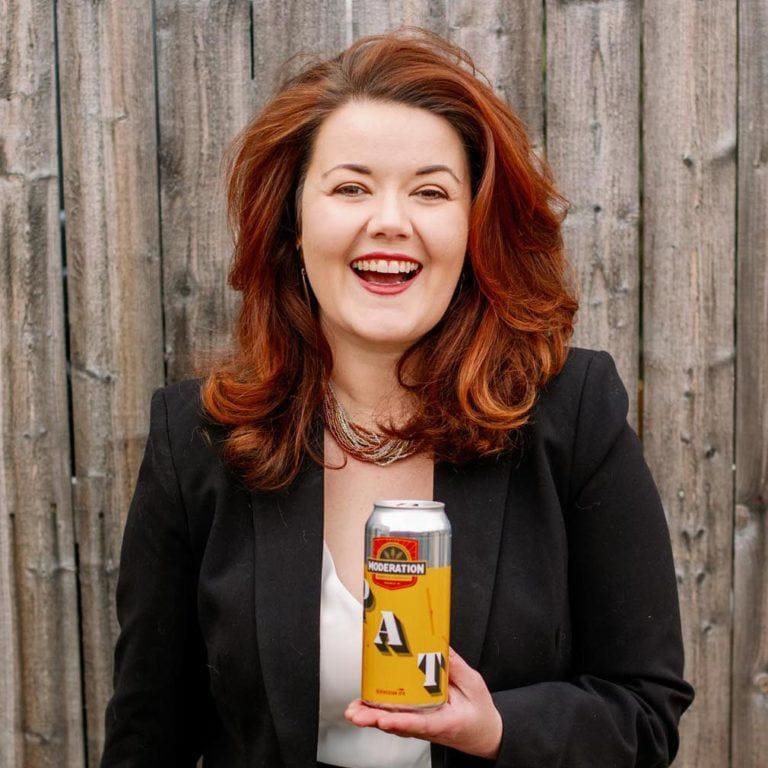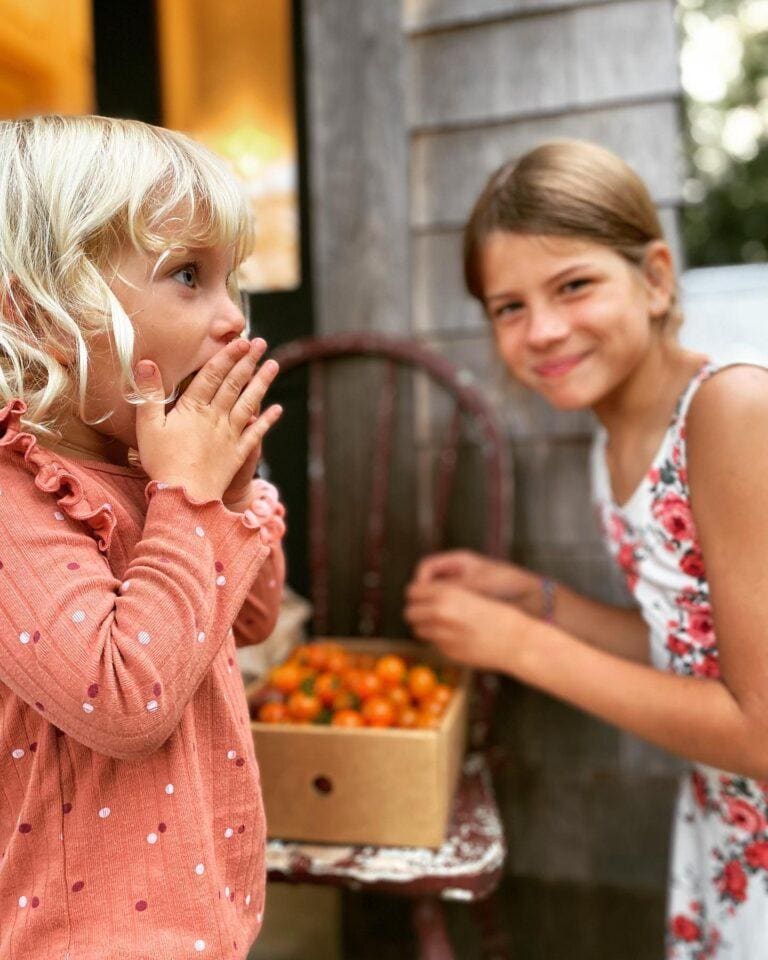On a steamy summer Saturday at Waterfront Park, not even a whisper of a breeze comes off the Kennebec River to cool peddlers or patrons of the Bath Farmer’s Market. The heat doesn’t slow Mohamed Abukar, the Somali Bantu farmer manning the New Roots Cooperative Farm stand.
Wearing a traditional gold-and-red koofiyad on his head and a required blue surgical mask over his nose and mouth, he tends to a stream of customers there to collect their weekly community-supported agriculture (CSA) share or make a la carte purchases of Sungold tomatoes, rainbow chard, or pickling cucumbers.
“Business is good, yes. Very good, yes,” says Abukar. So good, in fact, that New Roots sold out of its 2020 CSA shares, a condition that has helped solidify this season’s profitability even in the pandemic. As he helps an elderly customer load a head of romaine lettuce into her reusable Walmart tote, the connection between old Mainer and new Mainer is seemingly sealed.
Back on the farm on College Street in Lewiston, Mohamed’s wife, Habiba, in her black bedazzled hajib and bright pink cotton dress, takes a hoe to a row of husk cherries. She prefers tending the mesclun mix growing in her family’s high tunnel, one of four that stands on the property. But that’s not a job that needs doing on this day.
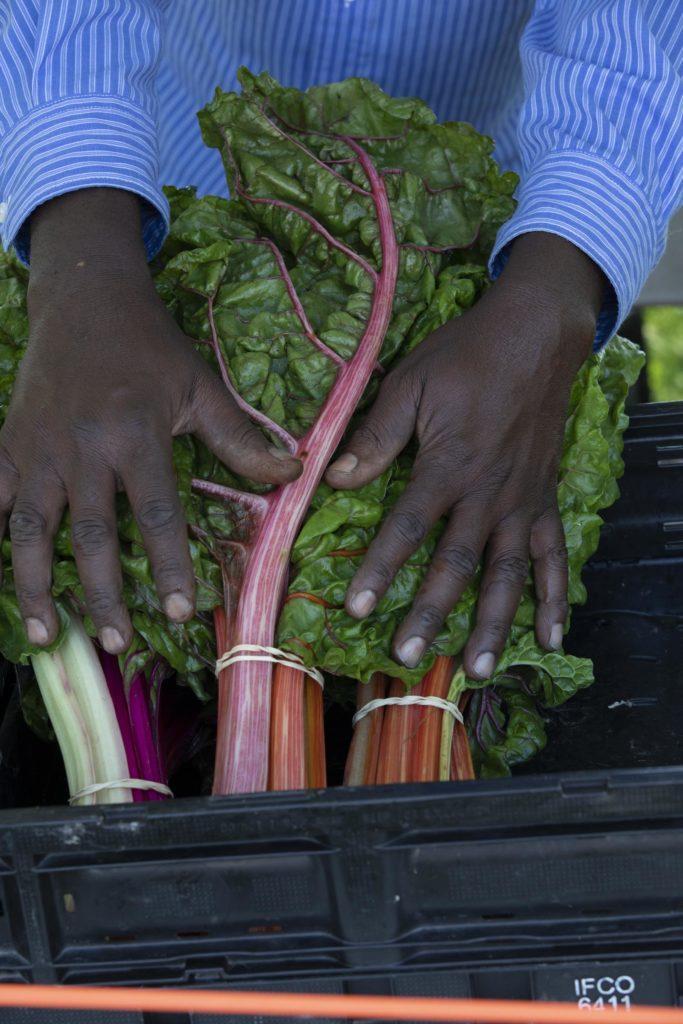
The New Roots Cooperative Farm sits on a 30-acre piece of land the cooperative leases the property from the Maine Farmland Trust. But New Roots is on track to purchase the land this winter, says Omar Hassan, a marketing specialist with the regional Cooperative Development Institute, who supports the New Roots farmers.
In their native Somalia, commercial farmers self-organize into Iskashito groups. Iskashito describes a cooperative business scheme where farmers collectively work on one piece of land and share the profits of their combined labor. The core New Roots crew spent 10 years training with Cultivating Community, a Portland-based farming program for new Mainers, where they learned to adapt farming techniques used in their native climate to farming in their adopted one.
Abukar and partners Jabril Abdi, Seynab Ali, and Batula Ismail each farm one acre and one high tunnel independently. They share a single tractor, a couple of farm vehicles, a solar-powered pumping station, and an on-farm produce-washing setup. All produce is sold as if coming from one entity. The work crew has expanded to include 30 intergenerational family members. A child’s water can set at the top of a row of radishes punctuates that fact.
“[They] are the experienced group of Somali farmers in Maine, and they are making it easier for others to follow,” says Hassan. Liberation Farms, supported by the Somali Bantu Community Association, provides budding farmers with 1/10th acre plots, seeds, and technical assistance and is raising funds to buy land to support more Iskashito farming across the state.
How many more Somali Bantu cooperative farms will exist in 10 years? Hassan won’t hazard a guess, “but it is an exciting prospect to think about.”


